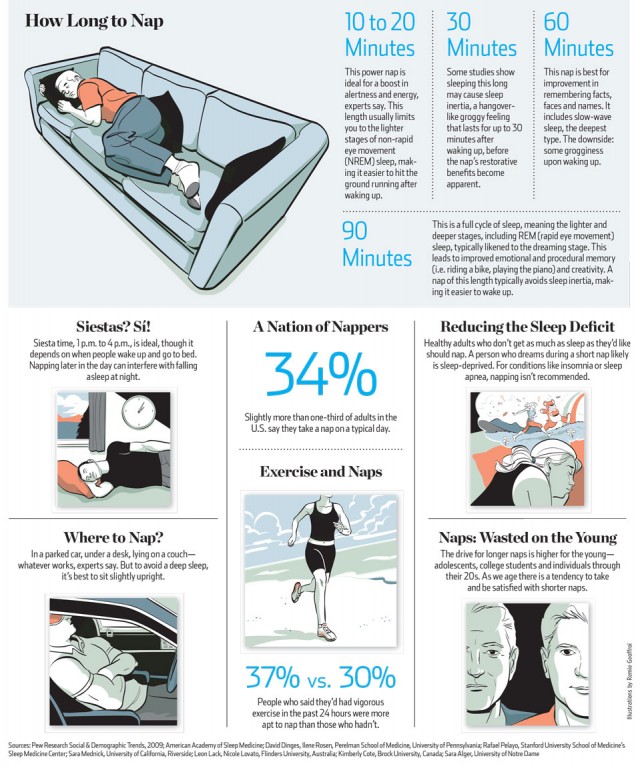How to Study at Night Without Sleeping?
The practice of studying at night has become widespread among both students and working people. When you have a deadline to fulfill, it might be a helpful approach to catch up on work and enhance productivity. Yet, it also has difficulties, such as exhaustion, a loss of focus, and the inclination to sleep.
It might be challenging to study at night, especially if you have trouble keeping your eyes open. With the right approach and mindset, staying awake and focused on your studies is possible until the early morning hours. We will give you helpful advice on how to study at night without sleeping in this article.
Prepare for the Night Study Session
Ensure you are mentally and physically ready before starting your nighttime study session. This may entail making a study timetable, setting up a relaxing environment, and getting some rest before studying.
Identifying clear objectives and allotting time intervals for each work is one method to arrange your study routine. You’ll be able to stay on task and save time by doing this. Moreover, make a distraction-free study place that is cozy and well-lit. You might also use relaxing music in the background to aid concentration and relaxation.
Before studying, taking a quick nap might also keep you awake and attentive. To minimize interfering with your sleep cycle, this should last no longer than 20 to 30 minutes.
Stay Awake and Alert
Even though studying at night can be exhausting, it’s crucial to be awake and attentive the entire time. This can be accomplished by consuming caffeine in moderation, maintaining a relaxed, well-ventilated environment, and taking frequent breaks to move around.
You can use caffeine to stay alert and concentrated, but you should only use it in moderation to prevent overstimulation and sleep disruption. To avoid falling asleep, keep the room cold and well-ventilated. You may maintain your focus and alertness by taking breaks and moving around.
Maintain Focus and Concentration
Maintaining concentration and focus while studying might be difficult, particularly late at night. To stay on task, keep out of the way, employ active learning strategies, and organize your study time.
Distractions like social media, phone calls, and television should be avoided during studying. You can also employ active learning strategies to keep your mind busy, including summarizing, challenging, and debating ideas. Moreover, organize your study session by dividing it into manageable segments and interspersing them with brief pauses.
How to Study Current Affairs for UPSC?

FAQs
1. What is the best way to stay awake while studying at night?
The best way to stay awake while studying at night is to drink caffeine in moderation, keep the room cool and well-ventilated, take breaks and move around, and avoid distractions.
2. Can I study at night without disrupting my sleep pattern?
You can study at night without disrupting your sleep pattern by taking a power nap before checking, planning your study schedule, and structuring your study session.
3. How do I stay focused during my night study session?
You can stay focused during your night study session by avoiding distractions, using active learning techniques, and structuring your study session.
4. Is it healthy to study at night?
Studying at night can be healthy in moderation, with a proper plan and a good sleep pattern.
5. How long should I study at night?
Your personal study goals and schedule should determine the duration of your night study session. Taking short breaks every hour is recommended to prevent fatigue and burnout.
Conclusion
With the correct attitude and approach, studying through the night without falling asleep is feasible. In this article, we have included helpful advice on concentrating and remaining awake while looking at night. Don’t forget to organize your study sessions, establish a favorable environment, take a power nap before scanning, use coffee sparingly, keep the room cold and well-ventilated, take breaks and walk around, stay focused, avoid distractions, and use active learning strategies. Use these strategies, and watch as your productivity soars!

















